#53: Creating Space for Writing
One of the most common questions I am asked about my writing is, “When do you write?” I’m also asked, “How do you get writing done with children?” or “How do you prioritize writing when there are other important responsibilities?”
Part of writing is understanding your process, and what it takes for you to be able to write. This is something that Jane Austen seems to have thought a lot about. On September 8, 1816, she wrote a letter to her sister Cassandra which included the following paragraph:
I enjoyed Edward’s company very much, as I said before, and yet I was not sorry when Friday came. It had been a busy week, and I wanted a few days’ quiet and exemption from the thought and contrivancy which any sort of company gives. I often wonder how you can find time for what you do, in addition to the care of the house; and how good Mrs. West could have written such books and collected so many hard words, with all her family cares, is still more a matter of astonishment. Composition seems to me impossible with a head full of joints of mutton and doses of rhubarb.
Company and a busy week made writing more difficult for Jane Austen. She needed time for herself, time for quiet, and time without too many obligations. Especially in her years living in Chawton, Jane’s family did much to lift some of her responsibilities in order to give her the time and the mental space for writing.
Jane also prioritized a physical space. She had her own little table, just for her. And when I attended a guided virtual tour of her Chawton house a few weeks ago, the guide explained that several of the windows by the road were boarded up, so she wouldn’t have all the passerbys on the road looking in on her and distracting her.
In the letter, Jane is astonished by Mrs. West, who balances books and family cares: “Composition seems to me impossible with a head full of joints of mutton and doses of rhubarb.”
Most of us have things we need to balance, whether it’s family obligations, a full or part time job, school, or endless other responsibilities. These things are part of our lives. They’re not going to go away. But are we letting our heads be full of joints of mutton and doses of rhubarb? Or are we finding some time that is just ours, where we can let everything else go and give space for creativity?
When my children were pre-school age, I used nap time and movie time just for writing. It didn’t matter if there was a pile of dishes in the sink or a mess on the floor, appointments to schedule, or seemingly-urgent needs. This was my time, no matter what, and I wouldn’t let it be filled with mutton or rhubarb or anything else.
At other times, I’ve done #5amwritersclub so I could write before my mind filled with any other obligations. I’ve worked in coffeeshops. I’ve prioritized attending writing group.
We all have times, like Jane Austen, where we have obligations that prevent us from writing. But it’s important to make space for writing, whether it’s an hour a day, one evening a month, or a weekend retreat twice a year.
I have a variation on the standard writing exercises today—these are more personal reflections, about your personal writing spaces. But first, a few personal writing notes. I wrote an essay on revising for tone for Women Writers, Women[’s] Books. And yesterday, my second novel was released, The True Confessions of a London Spy! It’s exciting to have a new book to share with readers and friends.
Exercise 1: Spend a few minutes reflecting on the spaces you have for writing in your life. What gives you mental, physical, and creative space for writing. Do you prioritize giving yourself this space? What is something you could change to help create better spaces for writing in your life?
Exercise 2: Speak to the people in your life about your writing. How do you support the people in your life in their goals? How do they support you in your creative endeavors? Would any adjustments help you better support each other.
Exercise 3: Make a list of the priorities in your life, the things that matter to you, the things that pay the bills, the things that are essential. The goal is not to feel guilty that you have other responsibilities that are not writing. The key is to consider what things truly matter to you most, to give yourself credit for those things and to find meaning in those things. Sometimes non-priority things can be eliminated or shifted to give more space for your key priorities.
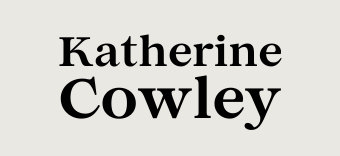
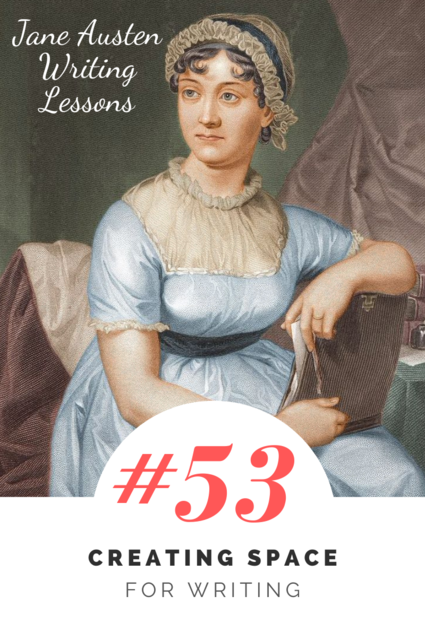


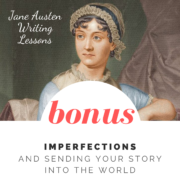
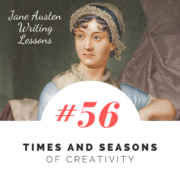
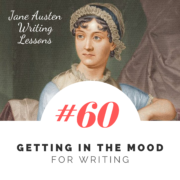


Oh man, this really hits home today. It’s been a crazy month! Excellent food for though :)
*thought :)